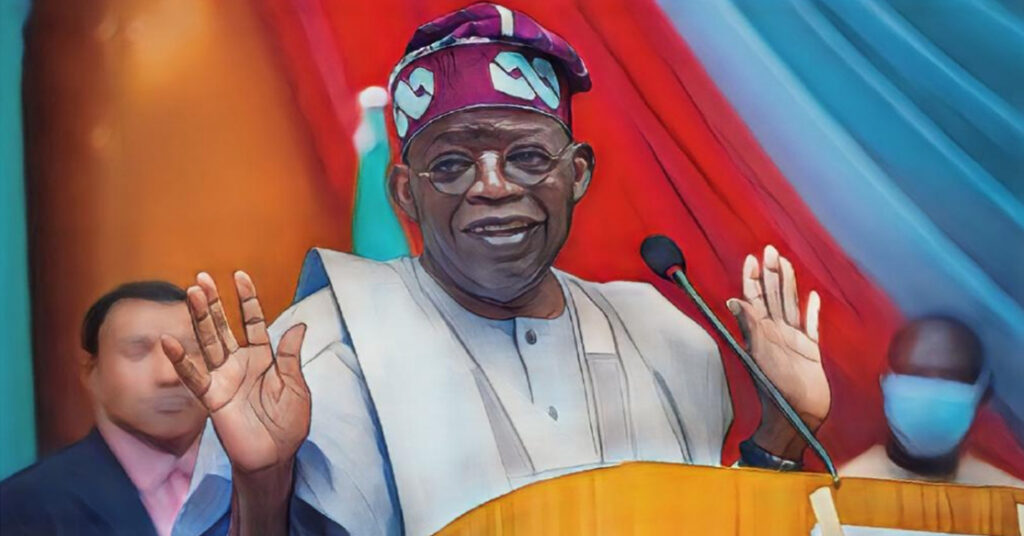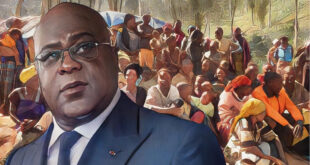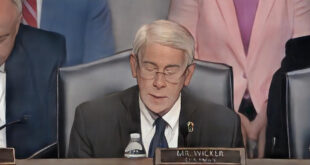In a move that has stirred major controversy in Nigeria, President Bola Ahmed Tinubu—who took office in 2023—has officially banned the song “Tell Your Papa” by veteran rapper Eedris Abdulkareem. The Nigerian Broadcasting Commission (NBC) issued a directive prohibiting TV and radio stations from playing the song, calling it “inappropriate for broadcast” and claiming it violates the national broadcasting code regarding public decency.
But what exactly is in this song that made the government so uncomfortable?
What’s the Song About?
The track “Tell Your Papa” is a direct message to Tinubu’s son, Seyi Tinubu, who recently declared that his father was the “greatest leader in Nigeria’s history.” Abdulkareem sharply disagrees—and he uses his music to say why.

In his lyrics, he urges Seyi to “tell your papa” that:
People are dying from economic hardship.
Inflation is soaring, and fuel prices have become unbearable.
Security is collapsing, with herdsmen reportedly attacking Christians.
Nigerians are fleeing the country, desperately searching for better opportunities abroad.
Basic public services are in shambles, with only 1,000 ambulances available for a country of 223 million—and many of those aren’t even functional.
The Bigger Picture: Tinubu’s Economic Record
 Let’s break it down. Since assuming office, Tinubu’s administration has removed key subsidies, particularly on fuel. If you’re wondering what subsidies are, here’s a quick recap:
Let’s break it down. Since assuming office, Tinubu’s administration has removed key subsidies, particularly on fuel. If you’re wondering what subsidies are, here’s a quick recap:
Governments often support major industries like fuel, agriculture, or food production by giving them money—subsidies—so they can sell essential goods at a lower price. When fuel is cheap, everything becomes more affordable—from food to transportation. But when fuel prices spike, the cost of living explodes. That’s exactly what’s happening in Nigeria right now.
Without these subsidies, the average citizen is bearing the full weight of rising prices. Bread, transportation, cooking gas—everything costs more. And for a country that should be thriving with natural and human resources, this economic strain has triggered mass frustration and growing protests.
Is This Censorship—or Something Deeper?
So, what does it say about a country when its government bans a protest song?
Censoring music critical of leadership might sound like something from a police state, not the self-proclaimed Giant of Africa. Abdulkareem isn’t just making noise—he’s voicing the same pain millions of Nigerians feel every day. His lyrics echo frustrations that are all too real: hunger, insecurity, and hopelessness.
Yet instead of addressing the issues raised, the government has chosen to silence the messenger.
Final Thoughts: A Country at a Crossroads
Nigeria is a land of immense potential—rich in people, culture, and resources. But millions are asking: Where is all that potential going?
When artists, activists, and citizens raise their voices to call for change, and those voices are banned, it raises a serious question:
Is Nigeria becoming a place where truth is punishable?
One thing is certain: “Tell Your Papa” is more than just a song. It’s a protest, a mirror, and a wake-up call. And banning it won’t silence the message—it only amplifies it.
 Cmtv News News -Education – Entertainment – Sports
Cmtv News News -Education – Entertainment – Sports







